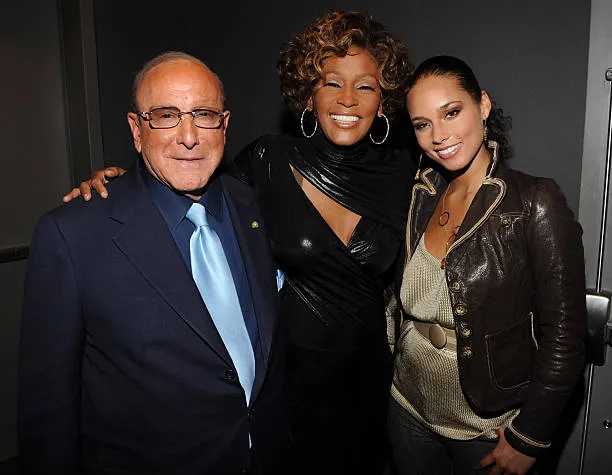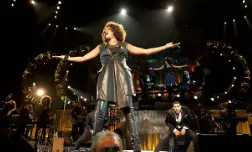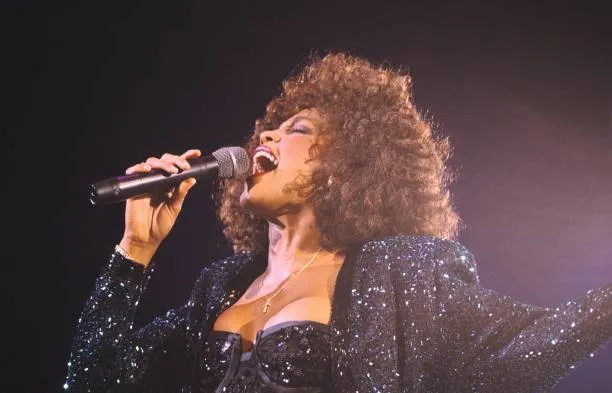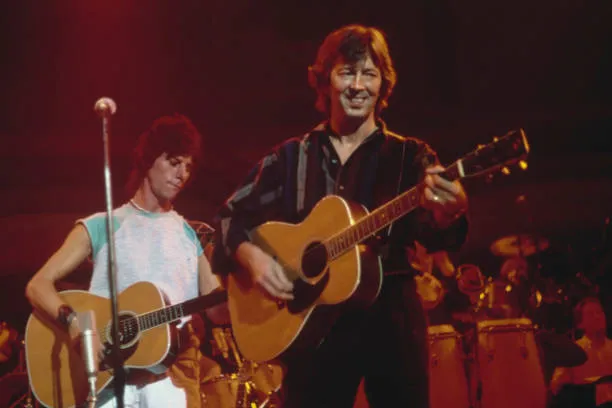"Double Trouble" is a blues standard written by Otis Rush in 1958. The song has been covered by numerous artists, but one of the most notable renditions is by Eric Clapton, a titan in the rock and blues genres. Clapton's interpretation of "Double Trouble" showcases his deep reverence for the blues and highlights his exceptional guitar skills and emotive vocal delivery.
![]()
Eric Clapton's version of "Double Trouble" appears on his 1985 album "Behind the Sun." This album marked a significant period in Clapton's career, as it saw him blending his blues roots with contemporary pop and rock elements, thanks in part to the production work of Phil Collins and Ted Templeman. Despite the commercial pressures and the evolving music landscape of the 1980s, Clapton remained steadfast in his commitment to the blues, and "Double Trouble" is a testament to this dedication.
In Clapton's rendition of "Double Trouble," the song is infused with a sense of urgency and raw emotion. The lyrics speak of a man beset by hardships and personal struggles, themes that resonated deeply with Clapton's own life at the time. The 1980s were a turbulent period for Clapton, marked by battles with addiction and personal loss. This turmoil lent an authenticity to his performance, as he channeled his pain and struggles into his music.
![]()
Clapton's guitar work on "Double Trouble" is a masterclass in blues playing. His solos are both technically proficient and emotionally charged, weaving a narrative that complements the song's lyrical content. Clapton's ability to express complex emotions through his guitar has always been one of his defining characteristics, and it is on full display in this track. The interplay between Clapton's vocals and guitar creates a powerful dynamic, drawing listeners into the song's emotional core.
The production of "Double Trouble" on "Behind the Sun" also deserves mention. The album's production values reflect the era's penchant for polished, radio-friendly sound, yet the essence of the blues remains intact. Phil Collins' influence is evident in the rhythmic structure and the overall sonic clarity, which enhances rather than detracts from the song's blues authenticity. The balance between modern production techniques and traditional blues elements is a delicate one, but Clapton and his team managed to strike it effectively.
![]()
Clapton's "Double Trouble" is not just a cover; it is a reinterpretation that bridges the gap between traditional blues and contemporary rock. This ability to transcend genres and eras is a hallmark of Clapton's career. His respect for the original material, combined with his unique artistic voice, allows him to bring new dimensions to the song while honoring its roots.
In live performances, "Double Trouble" has often been a highlight of Clapton's setlists. His live renditions are known for their extended solos and improvisational elements, showcasing his virtuosity and deep connection to the blues. These performances are a reminder of Clapton's prowess as a live musician and his ability to connect with audiences through his music.
![]()
In conclusion, Eric Clapton's version of "Double Trouble" is a significant piece in his discography and a compelling interpretation of a blues classic. It reflects his deep musical roots, his personal struggles, and his enduring influence in the world of music. Clapton's "Double Trouble" stands as a powerful example of how an artist can honor the past while bringing their unique perspective to a timeless genre.







